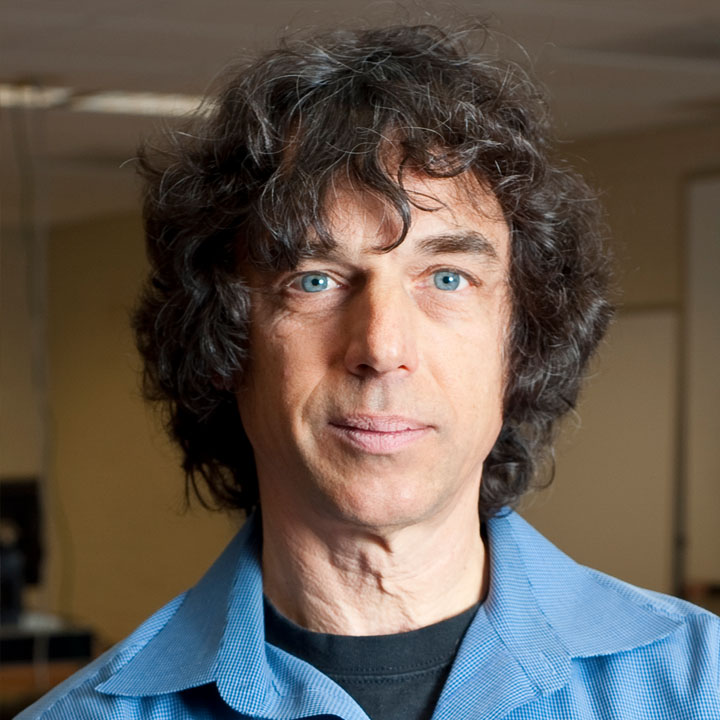C. Agosta is a low temperature experimental physicist who was originally trained to study the properties of fluids at very low temperatures. His present research interests are lower dimensional superconductors in very high magnetic fields, dc microgrids, and heat transfer in gas boundary layers.
Given his deep interest in complicated instrumentation, he and his students have developed a pulsed magnetic field laboratory where experiments are performed in one of the highest magnetic fields (51 tesla!) available at any university in the United States. His group studies anisotropic conducting materials at the extremes of parameter space, including temperature, pressure, and magnetic field to understand the relation of their chemical properties to correlated electron properties such as superconductivity, spin density waves, charge density waves, and the quantum Hall effect. Most of his measurements are made with a rf penetration depth technique developed in his laboratory and particularly well suited to the extreme conditions created in his laboratory. At his laboratory the magnetic field can be increased much above the level necessary to quench the superconducting or other correlated electron state to observe quantum oscillations and probe the Fermi surface. In this way, he can explore the fundamental properties of the charge carriers and test current theories of correlated electrons.
Agosta is also CEO and co-founder of Machflow Energy, Inc., a clean-tech company that is developing highly innovative heat transfer technologies revolutionizing air conditioning and thermal management. Machflow has created a disruptive Bernoulli Principle-based heat pump that works in a closed cycle using noble gasses that have no adverse effects on the environment, such as global warming, and avoids high pressures and the weight of the associated compressors. Machflow was funded by Kleiner Perkins, the DOE, and prominent angel investors.
Professor Agosta and his cofounder have been granted six patents for their work at Machflow Energy.
Professor Agosta teaches many of the core courses in the Physics Department, but specializes in two signature courses, Electronics and The Technology of Renewable Energy. His renewable energy course is focusing on the technical and social issues of converting part of the campus to a dc microgrid, and leveraging the cogeneration plant on campus and future renewable energy sources. His most recent project is helping his students install a solar powered eight port USB charging station in the campus cafe.
Prof. Agosta’s superconductivity research is funded by the NSF.


